-
Sociology and the Threat to American Democracy
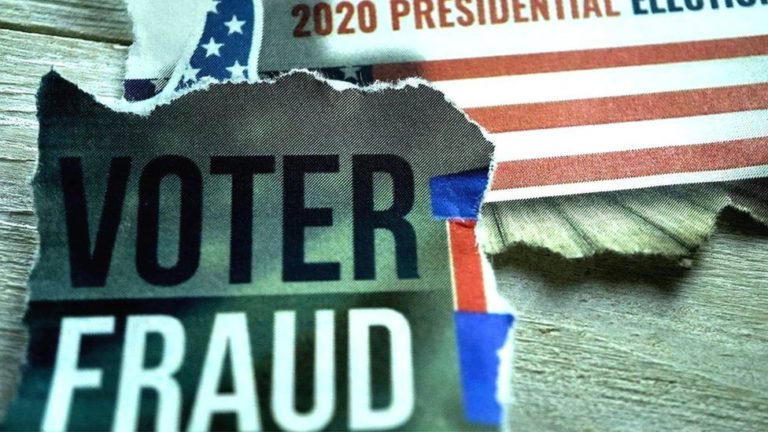 Dr. Samuel Cohn, Texas A&M University
Dr. Samuel Cohn, Texas A&M University American democracy is facing potential triple threats: threats to the very existence of democracy itself, threats of the disenfranchisement of a large percentage of the population and the threats of a major legitimation crisis. Some of those threats are avoidable. Others are really going to happen – with grim consequences. Macrosociology has a lot to say about all three of these dangers. The news is not necessarily good.
November 16, 2022
Wednesday, 12:00pm
Location: Liberal Arts Social Sciences Building (LASB) 317
-
Do Self Sufficient Refugees Start from Nothing?
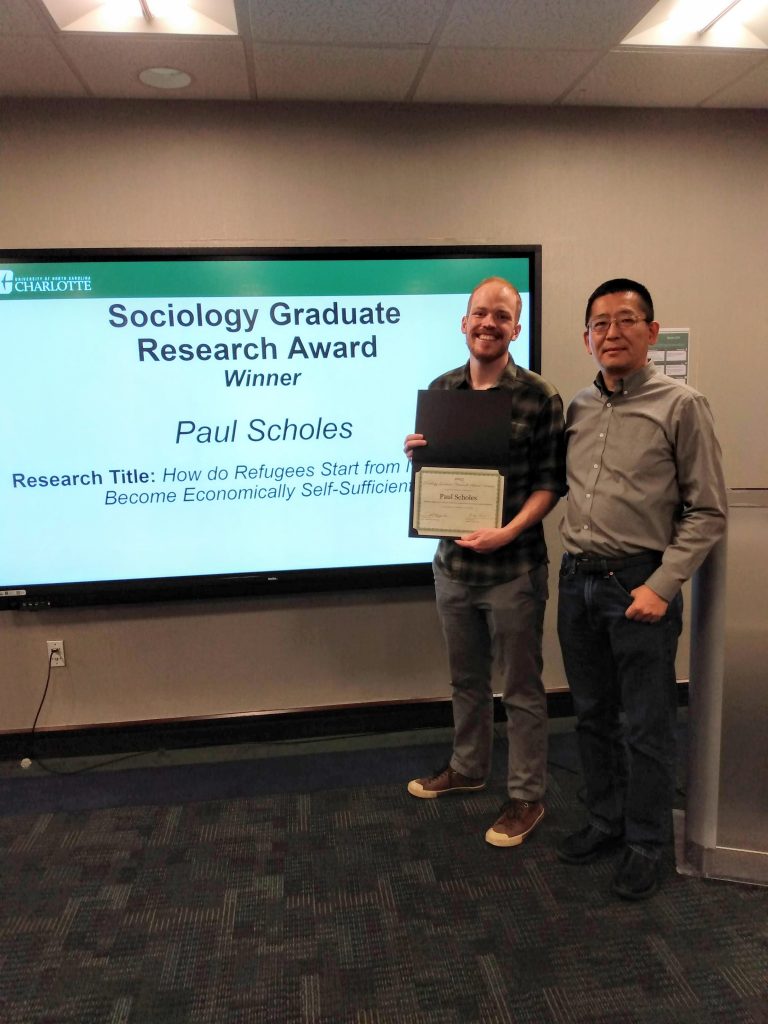 Paul Scholes, Texas A&M University
Paul Scholes, Texas A&M UniversityAre refugees “blank slates” or do their characteristics matter for economic outcomes?
The refugee studies literature makes conflicting predictions about refugee outcomes.What strategies help refugees become economically sufficient?
Refugees are different from migrants and are selected, resettled, and live through different processes. They utilize different strategies and experience different outcomes because the strategies that migrants use are often impossible for refugees.How do the outcomes of refugees resettled to the United States compare to Canadian refugee outcomes?
How do these similar systems compare to each other?
Do external shocks like terrorist attacks, Presidential changes, funding changes, and economic recessions affect refugee economic self-sufficiency?
Paul Scholes only found evidence for one of these mechanisms.October 26, 2022
Wednesday, 12:00pm
Location: Liberal Arts Social Sciences Building (LASB) 317
-
Politics of Nationhood and the Decay of the Media in Turkey
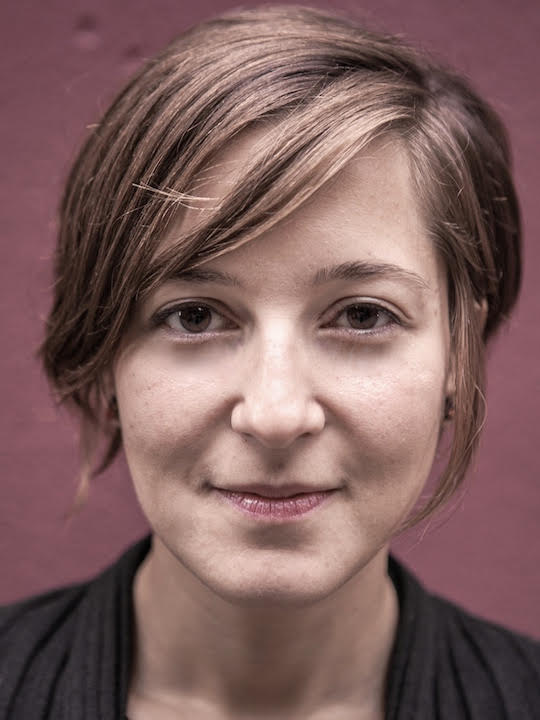 Dr. Defne Över, Texas A&M University
Dr. Defne Över, Texas A&M UniversityExisting studies of democratic backsliding highlighted the silent revolution in values, the breakdown of norms due to polarization, and the malleability of laws and constitutions as triggers for institutional decay. Adopting a cultural approach, this paper presents the role played by the politics of nationhood in the breakdown of democratic institutions. Politics of nationhood refers to the discourses and actions that constitute a political actor’s efforts to redefine insiders and outsiders of a nation. Exploring the Turkish media’s decay under the rule of Justice and Development Party (AKP), the paper demonstrates that AKP’s politics of nationhood lead to the breakdown of the media from within by reconstructing the cognitive and emotional worlds of journalists. Between 2007 and the 2010, AKP upended the previous construction of the nation through political trials and property seizures. In this context, pro-Islamic and liberal journalists came to think of their news practices as a means to empower the excluded, and attacked the secularists—often at the expense of violating journalistic standards–; secularists resigned, founded new outlets, or exercised self-censorship under increased feelings of uncertainty; and Kurds and leftists, confused by the possibility of punishing the perpetrators of previous exclusion, refrained from acting in solidarity with the newly contentious secularists and often used their journalistic agency to attack the previous power structure. Altogether, these forms of journalistic practice not only degraded the media from within but also contributed to the formation of the information environment that passed the 2010 referendum, a milestone in Turkey’s story of democratic backsliding.This argument builds on narrative evidence collected via in-depth interviews between 2012 and 2014, newspaper articles, and journalists’ memoires.
October 19, 2022
Wednesday, 12:00pm
Location: Liberal Arts Social Sciences Building (LASB) 317
-
Empowering Indigenous Women for Leadership in their Rural Communities
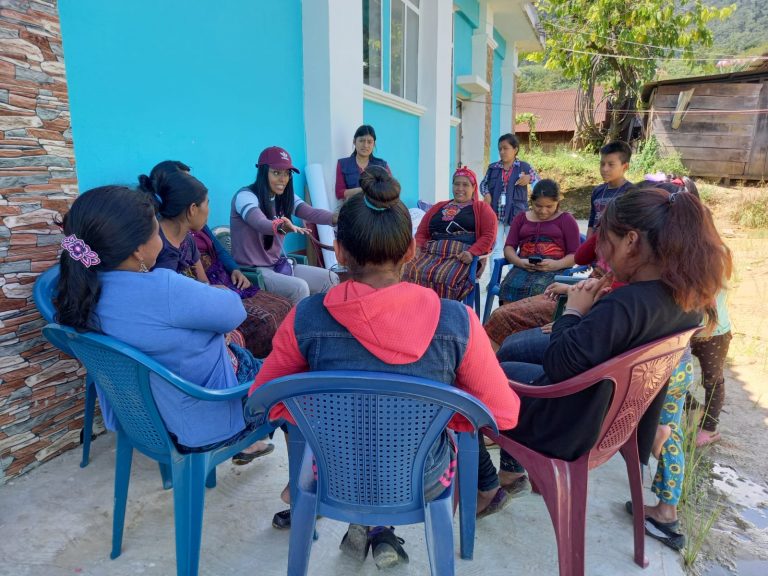 Nereyda Ortíz Osejo, Texas A&M University
Nereyda Ortíz Osejo, Texas A&M UniversityNereyda worked as a consultant on a USAID- and Microsoft-funded project that aims to increase economic opportunities for indigenous women in ten communities in Huehuetenango, Guatemala by providing them access to electricity, internet connectivity, and training programs in digital, financial, and leadership skills through the Digital Community Centers (DCC). To achieve the objective, the team project is (a) organizing the Committee of Leaders to manage the DCC in ten communities of Huehuetenango; (b) establishing ten new DCCs with access to solar power and internet connectivity; and (c) co-creating sustainable business models with women from target communities to provide useful business services to the community and local institutions through the DCC.
October 5, 2022
Wednesday, 12:00pm
Location: Liberal Arts Social Sciences Building (LASB) 317
-
Spirit of Capitalism in Medicine: What Drives Opioid Epidemics in the U.S.?
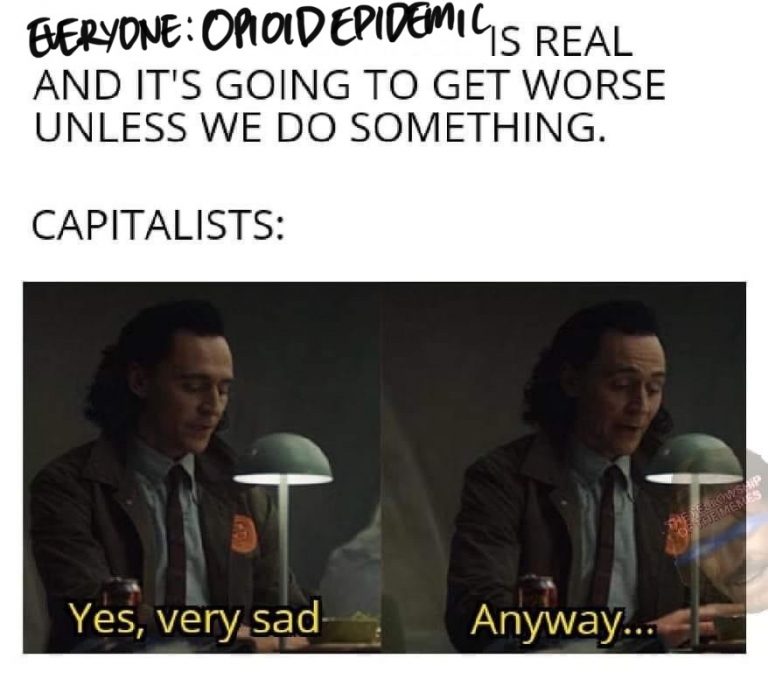 Megumi Tanabe, Texas A&M University
Megumi Tanabe, Texas A&M UniversityOpioid overdose is a persistent public health problem in the US, which killed over 68,000 in 2020. The first wave of the opioid epidemic began “pharmaceutical companies reassured the medical community that patients would not become addicted to opioid pain relievers and healthcare providers began to prescribe them at greater rates” (HHS, 2021). The US experienced the second wave of crisis in 2010 with the rise in the overuse of heroin, and the third wave in 2013 with the overuse of synthetic opioids. Recent research tends to focus on the social determinants of the opioid crisis, or the people’s “misuse” of the drugs. Although this topic has been gaining more and more attention, I argue that the root cause of the problem has been overlooked: the relationship between money and opioid dispensing by medical professionals. In this talk, I will go over how important it is to look at not only the user end of opioids but also the provider’s characteristics in regard to this social issue.
September 28, 2022
Wednesday, 12:00pm
Location: Liberal Arts Social Sciences Building (LASB) 317
-
How do Countries Become Global Success Stories?
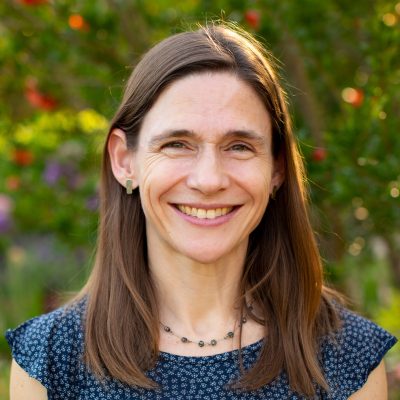 Dr. Rachael Sullivan Robinson, American University
Dr. Rachael Sullivan Robinson, American UniversityRachel Sullivan Robinson is a sociologist and demographer and professor in the School of International Service at American University in Washington, DC. She studies organizations, development, and global health interventions in sub-Saharan Africa, focusing on reproductive health, sexuality education, and sexual and gender minority populations. She is the author of Intimate Interventions in Global Health: Family Planning and HIV Prevention in Sub-Saharan Africa (Cambridge University Press, 2017) and has also published in journals such as World Development, Global Public Health, and Demography.
September 21, 2022
Wednesday, 12:00pm
Zoom Meeting
Meeting ID: 959 7252 0940
Passcode: 524286If you cannot join with video, you can connect to the Zoom session via phone: 1–346–248–7799
-
Racially Organized Housing Entities: A New Segregation Within Integrated Spaces
James Baldwin, Texas A&M University
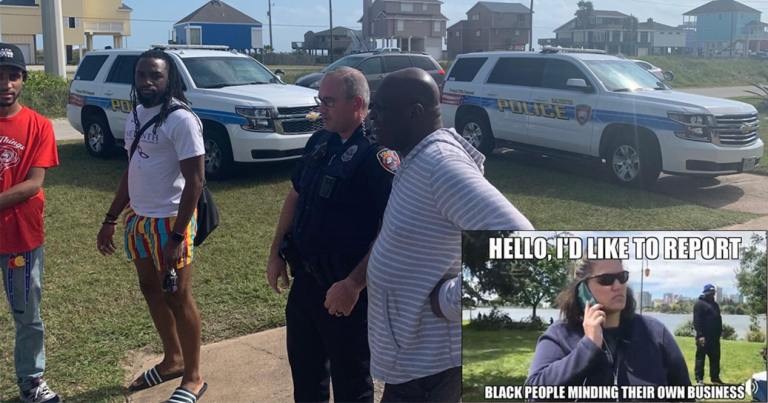 In 1903, W.E.B. Du Bois discussed the black stranger in Baker County, Georgia, “liable to be stopped anywhere on the public highway and made to state his business to the satisfaction of any white interrogant. If he fail[ed] to give a suitable answer, or seem[ed] to be independent or sassy he may be arrested or summarily driven away.” Almost 120 years later, despite the passage of Civil Rights legislation and other forms of “racial progress,” my Fraternity brothers and I were interrogated and made to state our business to the satisfaction of “white interrogant.” My story ended with being summarily driven away from the place. But, others end differently (e.g. Trayvon Martin or Ahmaud Arbery). My research and presentation centers on how the methods of segregation and racial stratification change over time, while maintaining the underlying social relations. In addition, I take a deeper dive into the connection between residential segregation, the inequitable dissemination of resources, and the link between residential segregation and racial inequality. As such, building off Victor Ray’s racialized organizations, I propose “Racially Organized Housing Entities (ROHEs)” as a framework/concept, for examining contemporary segregation and its effects.
In 1903, W.E.B. Du Bois discussed the black stranger in Baker County, Georgia, “liable to be stopped anywhere on the public highway and made to state his business to the satisfaction of any white interrogant. If he fail[ed] to give a suitable answer, or seem[ed] to be independent or sassy he may be arrested or summarily driven away.” Almost 120 years later, despite the passage of Civil Rights legislation and other forms of “racial progress,” my Fraternity brothers and I were interrogated and made to state our business to the satisfaction of “white interrogant.” My story ended with being summarily driven away from the place. But, others end differently (e.g. Trayvon Martin or Ahmaud Arbery). My research and presentation centers on how the methods of segregation and racial stratification change over time, while maintaining the underlying social relations. In addition, I take a deeper dive into the connection between residential segregation, the inequitable dissemination of resources, and the link between residential segregation and racial inequality. As such, building off Victor Ray’s racialized organizations, I propose “Racially Organized Housing Entities (ROHEs)” as a framework/concept, for examining contemporary segregation and its effects.September 7, 2022
Wednesday, 12:00pm
Location: Liberal Arts Social Sciences Building (LASB) 317
-
Critical Race Theory: The Theory and The Politics
Dr. Wendy Moore, Texas A&M University
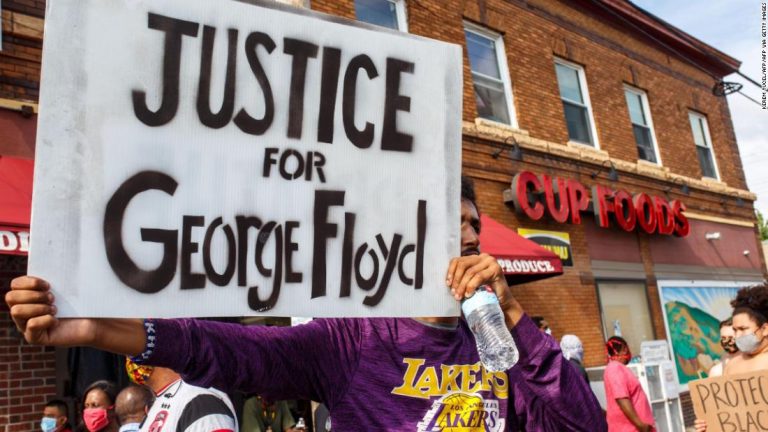 On September 4, 2020, the Executive Office of President Trump issued a memorandum directing federal agencies to cease and desist funding any federal training programs that used Critical Race Theory (CRT). This action brought CRT into the public eye, created a truculent, if uninformed, public debate about the role of critical race theory in education. The vociferous outcries concerning critical race theory have received so much attention that in it’s 2021 season the famous comedy show Saturday Night Live featured the topic of critical race theory in the show’s cold open at least three times. But the appearance of Critical Race Theory on SNL is indicative of the current politicization of Critical Race Theory that is neither new nor about the actual theory, but is the latest tactic in a project of white retrenchment (or white backlash as some have called it) that actually began early in the post-civil rights era.
On September 4, 2020, the Executive Office of President Trump issued a memorandum directing federal agencies to cease and desist funding any federal training programs that used Critical Race Theory (CRT). This action brought CRT into the public eye, created a truculent, if uninformed, public debate about the role of critical race theory in education. The vociferous outcries concerning critical race theory have received so much attention that in it’s 2021 season the famous comedy show Saturday Night Live featured the topic of critical race theory in the show’s cold open at least three times. But the appearance of Critical Race Theory on SNL is indicative of the current politicization of Critical Race Theory that is neither new nor about the actual theory, but is the latest tactic in a project of white retrenchment (or white backlash as some have called it) that actually began early in the post-civil rights era.In this talk I discuss the theory and politics of Critical Race Theory, as well as some key tenets of CRT that offer important interventions for sociology and other social sciences.
August 31, 2022
Wednesday, 11:45am
Zoom Meeting
Meeting ID: 992 2472 6763
Passcode: 362231If you cannot join with video, you can connect to the Zoom session via phone: 1–346–248–7799
